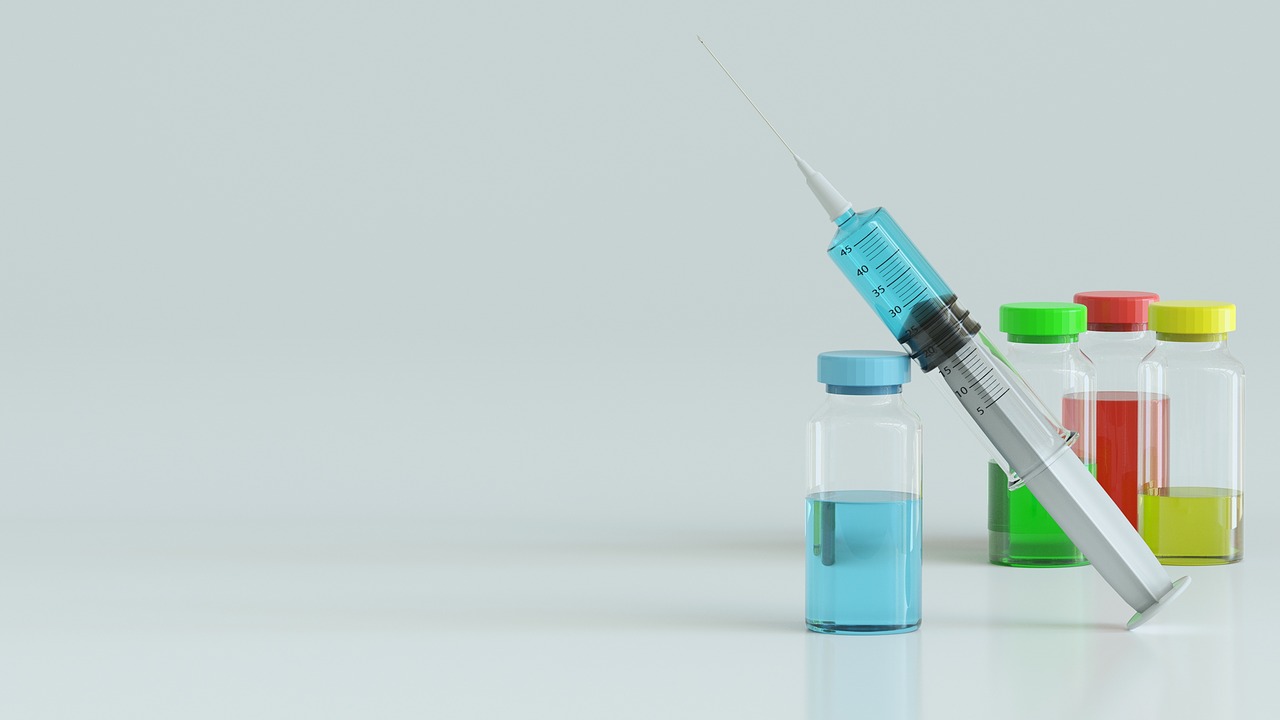Health
Russian coronavirus vaccine results have been published – here’s what they reveal

However, the announcement caused consternation among scientists and clinicians in the rest of the world as human trials for the vaccine – nicknamed Sputnik V – had only started a couple of months before Putin’s announcement. (Pixabay photo)
President Vladimir Putin recently announced that a team of Russian scientists had developed a COVID-19 vaccine and that it had been approved for use by the regulators – at least, in Russia.
However, the announcement caused consternation among scientists and clinicians in the rest of the world as human trials for the vaccine – nicknamed Sputnik V – had only started a couple of months before Putin’s announcement.
The results of the phase one and two human trials of this vaccine have just been published in The Lancet. So what have we learned?
First, let’s look at what type of vaccine this is. The vaccine “platform” used in this study used adenoviruses. These common cold viruses, called Ad5 and Ad26, are made safe and are incapable of growing in the body. They only function to deliver the genetic code of one of the novel coronavirus proteins, called the spike protein, into a cell.
By injecting people with these modified adenoviruses, the immune system is stimulated to respond to the spike protein at the time of immunisation, and hopefully to respond for many years in the future, if the immunised person is exposed to the COVID-causing coronavirus, known as SARS-CoV-2.
This is not a Sputnik moment
The vaccine platform the Russians are using is not novel. Some of the leading COVID-19 vaccines use adenoviruses, including the Oxford University vaccine and an Ad26 vaccine developed by Johnson and Johnson. Following successful animal trials, both are now being tested in humans. CanSino Biologicals, a Chinese company, has also shown that its Ad5 vaccine is safe and induces immunity against the coronavirus in humans.
However, the Russian group has shown that their stable, freeze-dried preparation of the vaccine works to the same extent as their frozen liquid vaccine preparation. This is important for shipping and deploying a vaccine.
The Lancet paper outlines acceptable safety data, even with the high dose used. These safety results are not unexpected as the safety of several adenovirus-based vaccines for different diseases has been demonstrated in earlier research.
So it’s safe, at least in healthy people aged 18 to 60, but does it work – does it protect against COVID-19?
The Russian group showed that their vaccine induces high levels of antibodies that can bind to the spike protein. But a more important measure is the level of antibodies that are functional. That is, can the antibodies prevent, or neutralise, infection of a virus into a cell?
The levels of neutralising antibodies were quite low in this study, compared with other published vaccine trials. So too were the T cell responses (the other arm of the immune system’s adaptive response).
One interpretation of this is that these vaccines do not induce good neutralising protection. Alternatively, the methods used to measure these immune responses may not have been optimal. In the absence of international reference standards, we can’t tell if this vaccine is better or worse compared with others.
Crucially, as with other COVID-19 vaccine clinical trials, we don’t know if that level of neutralisation is enough to protect from infection and how long these antibodies remain in the blood. The publication shows responses only up to one month after immunisation. The ultimate question of whether these vaccinated people are protected against COVID-19 was not a focus of this paper.
Ready for mass roll-out?
Despite the positive results of the small phase one trial of the Sputnik V vaccine, it needs to be tested in a much larger group of people before it can be used on an entire population with confidence.
All vaccines need to be tested in large numbers of people, of different ages and ethnicities, in phase three clinical trials. Phase three trials are necessary to gain a high level of confidence that the vaccine protects against infection. They also help to tease out rare side effects that may not be evident in a small group of healthy volunteers. This final stage of testing is not one that can or should be left out.
Unfortunately, the Sputnik moniker highlights the politicisation of earnest scientific and medical efforts to develop vaccines against COVID-19. This “vaccine nationalism” is a source of much concern for everyone in the vaccine field who understands the power of vaccines to eliminate disease, but only when used with the acceptance of the population.![]()
![]()
Anne Moore, Senior Lecturer in Biochemistry and Cell Biology, University College Cork
This article is republished from The Conversation under a Creative Commons license. Read the original article.





















